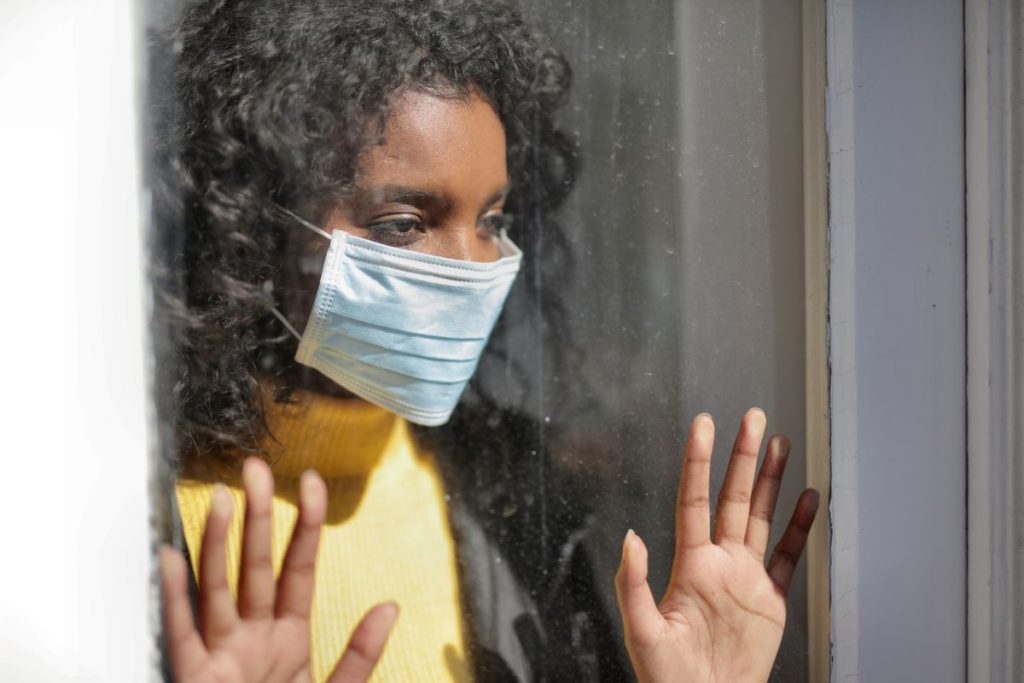To date, millions of Americans are still stuck at home despite the lifting down of COVID-19 lockdown restrictions across the country. Many are students who are taking online classes, while others are formerly office-based employees who are now required or opted to work remotely as a precautionary measure against possible COVID-19 exposure. Still, a great many are typical Americans such as stay-at-home parents and seniors who are home quarantined, either on their own account or due to necessity.
With such a situation, it’s not surprising that problems began to show up across the different societal levels from last year up until today. These include mental health issues and health and wellness concerns. For these home-locked Americans to survive, one key aspect is to maintain a healthy mind and body through various means available.
Here are five ways on how you can care for yourself and enjoy excellent mental and physical well-being while stuck inside your residence:
Find time to rest your eyes from looking at screens.
The long hours of exposure to different screens (smartphones, tablets, and personal computers) could, eventually, pose some health issues. These include dry eyes (for which a trip to the local dry eye MGD treatment clinic is inevitable), eyestrain, and the like.
The quick and easy remedy to these potential problems is to find time to rest your eyes and take a break from screen time. Experts suggest following the 20-20-20 rule: for every 20 minutes spent looking at a screen, one should look at something 20 feet away for at least 20 seconds.
During these intermittent screen breaks, you should also try other things like doing some stretching or taking a quick walk from your spot to another area in your home just to keep the blood circulation more active.
Do physical activities, no matter how simple.
Being stuck at home without much moving around can be a recipe for disaster. If you don’t want to end up being both physically and mentally problematic, it’s best to be proactive by engaging in any form of physical activity.
It could be as simple as doing jumping jacks, stretches, or squats in the same area where you work, study, or watch TV. You can up the ante by jogging or doing brisk walks outside your home (while still maintaining at least six feet of distance from neighbors) or setting up a home gym and working up those sleepy muscles. The bottom line is to do something physical, preferably as part of a routine, so you won’t count physical inactiveness among the things you need to worry about amid the pandemic.
Manage stress, get plenty of restful sleep.
Sleep is an important aspect of keeping oneself alive, alert, and productive. As such, you should find ways to enjoy a good night’s sleep each day. You can listen to your favorite bedtime music, a relaxing podcast, or light up some scented candles, or power up your scent diffuser to lull you to dreamland.
Additionally, you must make all possible efforts to manage the stress levels you’re experiencing. There are mindfulness apps such as Headspace that you can download and use to help you meditate and manage stress easier. You may also do yoga at home or turn to gardening and DIY home improvements to keep your mind and body occupied and help you feel a sense of achievement even while stuck in your residence.
Eat healthily.
Eating healthy food includes whole grains, lots of fish, fruits, and vegetables. You should also mind what you have as your snacks — coffee and chocolates are okay, but always in moderation. Junk foods are a big no-no, regardless of how tasty they are or how they seem to ‘comfort’ you.
If you’re a bit short on budget, you can address it by growing your food, such as vegetables, herbs, and even some fruits. If you have a plot of land, this would be an easy task. If you don’t have available space to do traditional gardening, then you could always grow food in pots and containers, even without water with a technique called hydroponics.

Seek professional help and maintain a support system.
The pandemic is likely here to stay for a few more months, given that vaccines for COVID-19 are yet to be made publicly accessible. As such, you should maintain constant communication with your support system — family, friends, and close colleagues. You should also seek professional help when you begin to experience mental and emotional difficulties such as anxiety, paranoia, and loss of sleep or appetite. With these two techniques, you can proactively address the worst-case scenario where you’ll just blow up emotionally and mentally due to pent-up emotions and negative thoughts.
Just follow these pieces of advice and you’ll have a greater chance of surviving the pandemic with a healthy mind and body.

